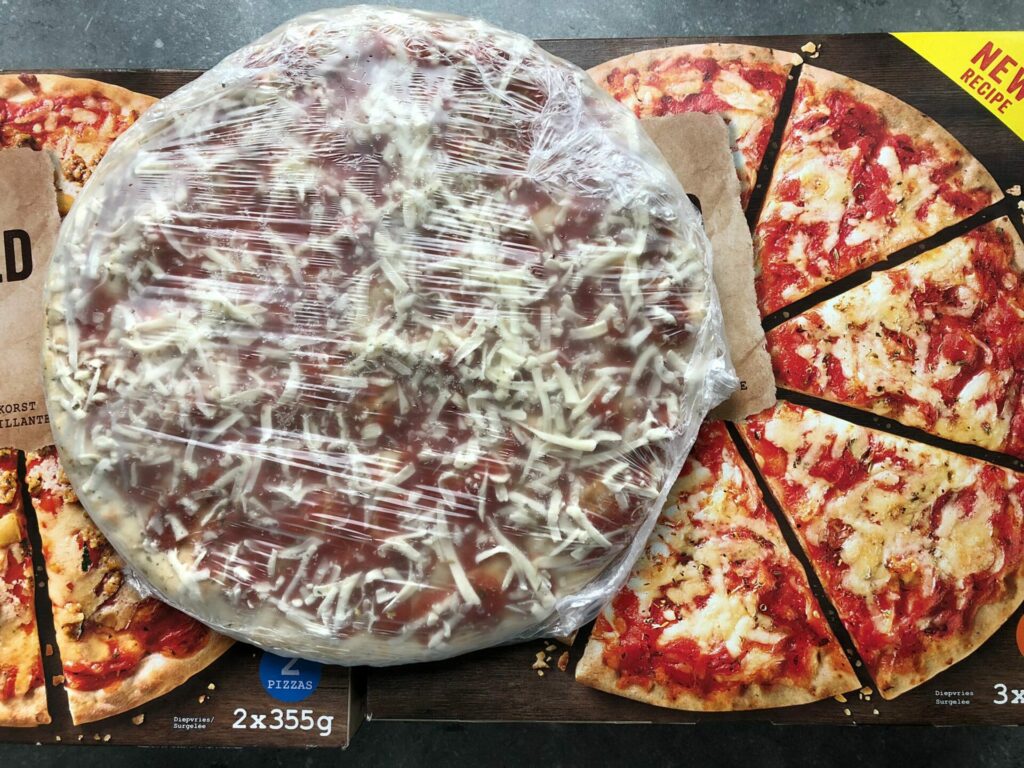Common culinary indulgences such as frozen pizza, chips, and doughnuts, which many of us occasionally indulge in, are now under the scrutiny of scientific experts who are unequivocally cautioning against the consumption of these ultra-processed foods.
Not only are they detrimental to our health, but recent research also underscores their addictive nature, akin to the addictive quality of tobacco for smokers.
The allure of fast and convenient food options, like a pre-made frozen pizza, can be irresistible at times. Supermarkets today, according to experts, are comprised of an astonishing 80 percent ultra-processed food items. In a recent interview with VRT, Michaël Sels, the chief dietitian at Antwerp University Hospital (UZA), analysed the characteristics of these foods.
Consider a tomato as an example of an unprocessed food, obtainable from a farmer or a supermarket. However, various modifications can be applied to this simple tomato. Drying it is a mild form of processing, but when you transform it into a rich tomato tapenade with the addition of ingredients like oil, fat, salt, and more, it escalates into the realm of ultra-processed foods, exemplified by items such as tomato ketchup, which often include artificial dyes, preservatives, and flavour enhancers.
A recent publication in the BMJ journal features a significant study focused on these ultra-processed foods. Scientists meticulously analysed 281 previous studies from 36 countries, employing the Yale Food Addiction Scale—a standardized questionnaire designed in 2009 to assess signs of compulsive eating. The results revealed that as many as 14% of adults and 12% of children exhibited high addiction symptoms towards ultra-processed foods.
This study goes as far as to suggest that ultra-processed foods can be as addictive as smoking. In the VRT interview, Michaël Sels elaborated on this point, explaining that these foods contain a combination of ingredients that trigger natural cravings for carbohydrates and fats. These substances release dopamine in the brain, causing a momentary sense of happiness when consumed. However, they also result in a subsequent dip in mood, leading individuals to seek another dopamine rush by returning to ultra-processed foods. This cycle makes these foods increasingly tempting with each consumption.
It's important to note that completely eliminating all carbohydrates or fats from your diet is not necessary. Instead, consider opting for homemade versions of pizzas or pancakes, using unrefined sugar and vegetable fats as healthier alternatives.
Sels recommended embarking on a "supermarket safari" where you make choices that align with your health goals. However, understanding food labels can be challenging for many. He advises paying close attention to ingredient lists, which typically rank ingredients from most to least in a product.
For instance, if you pick up a jar of hummus and find that chickpeas are not listed as the primary ingredient, you may be purchasing a highly processed product, potentially resembling flavoured mayonnaise. So, taking that initial step on your supermarket safari involves making informed choices to prioritise your well-being.

